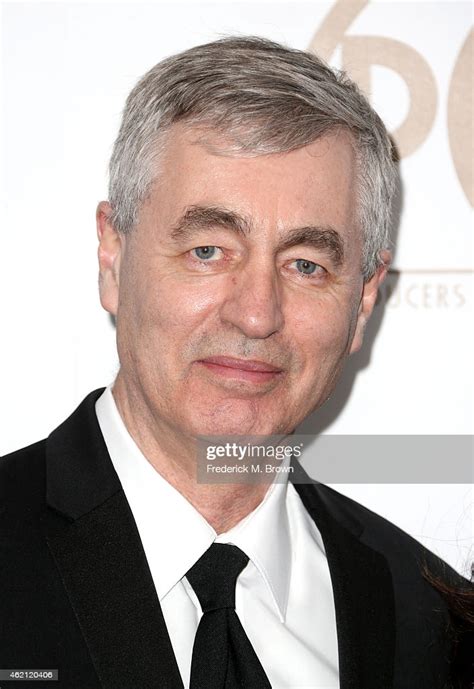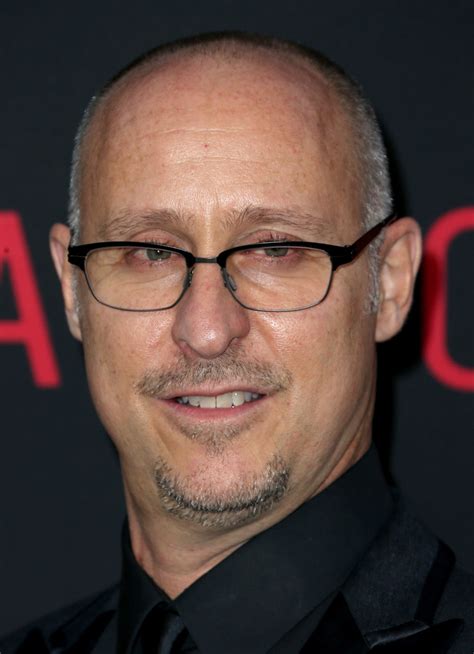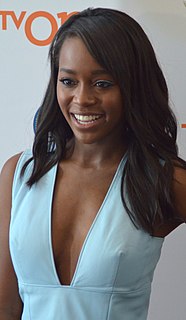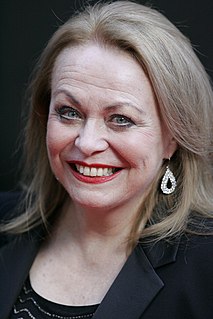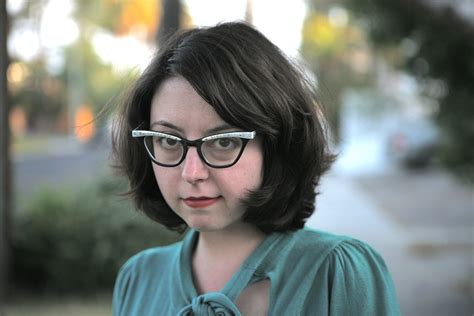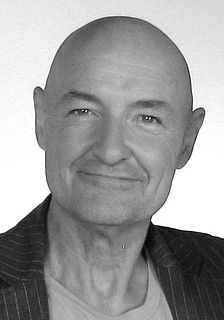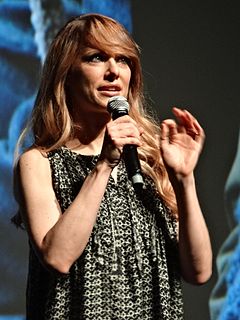A Quote by Cary Fukunaga
Sundance took me on my first film and from there sort of launched my career.
Related Quotes
It took Cianfrance 12 years to bring 'Blue Valentine' to the screen after he first conceived it. He found Gosling and Williams early on, and they hung in there with him. The film finally premiered at Sundance 2010, then screened at Cannes and the Toronto Film Festival before landing in theaters in December.
I think there's always an expectation when you're a first generation, especially a first-generation Nigerian, of sort of being a doctor or a lawyer or an engineer. And so, you know, sort of my initial pursuits into the arts and that I was going to pursue film as a career didn't confuse them, but it was definitely something that they were scared about.
David Michôd changed my life, quite literally, along with the chaps at Sony Pictures Classics. That's what set me on my way. I thought we did good work and had a good film, but when it was so praised at Sundance that year that's what really started the ball rolling. We all paid our own way to Sundance.
I think it took me seven years before I got the script for 'Frozen River.' That's the movie I had been looking for my whole career. When I read that, I knew I had to shoot that movie - that it'd be a game-changer. It was one of those scripts where I read it, and I was like, 'This movie could get into Sundance.'




